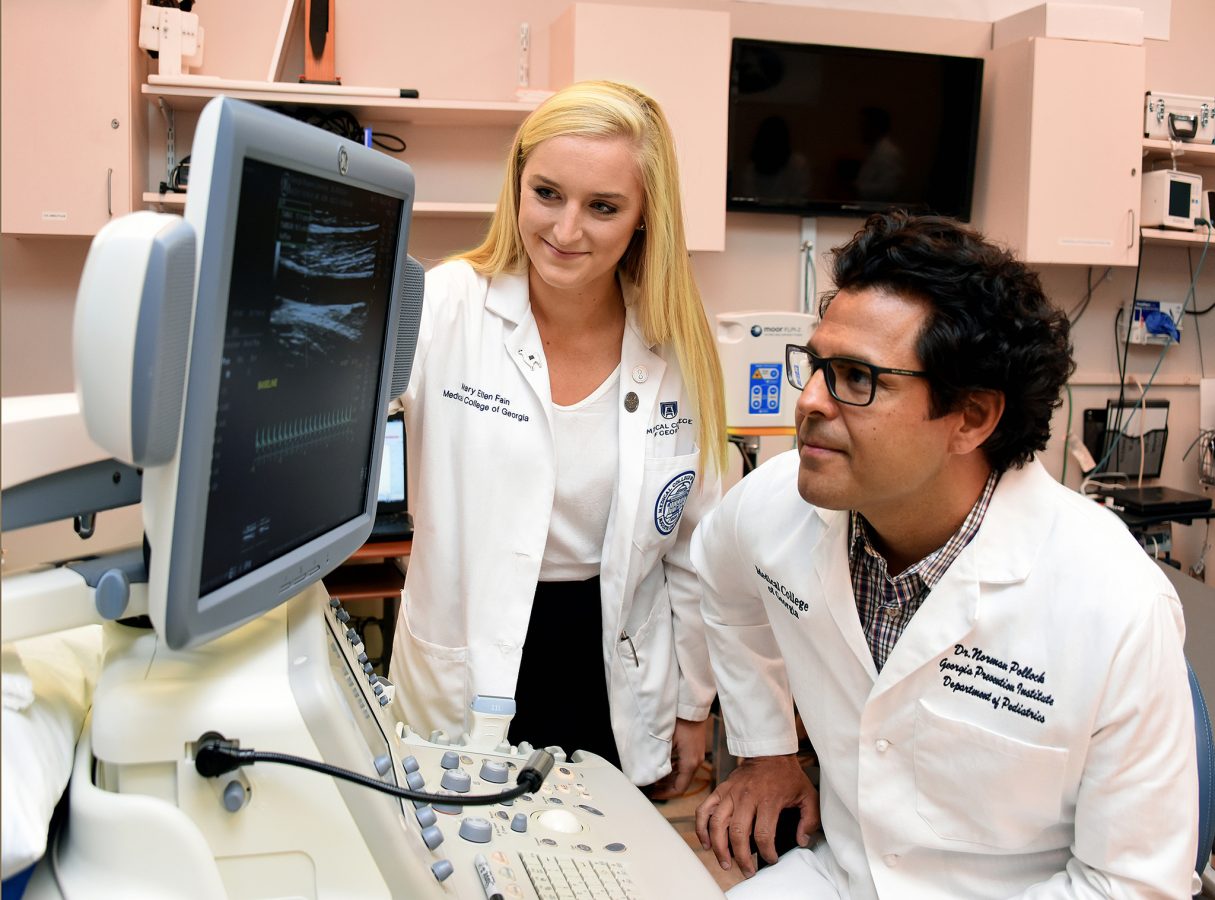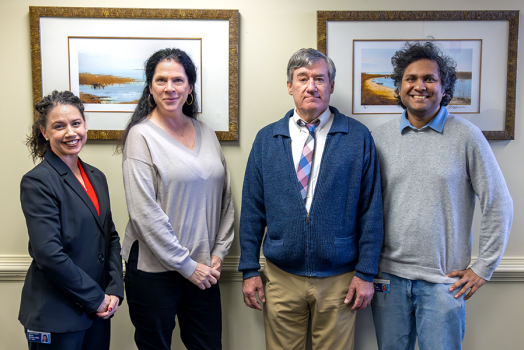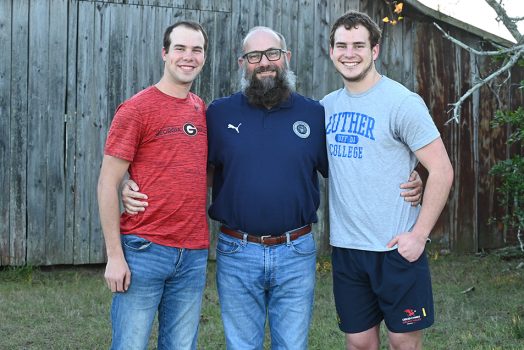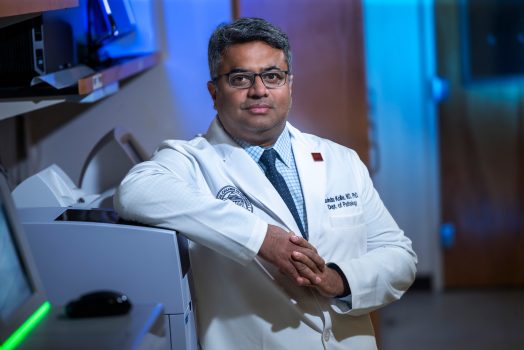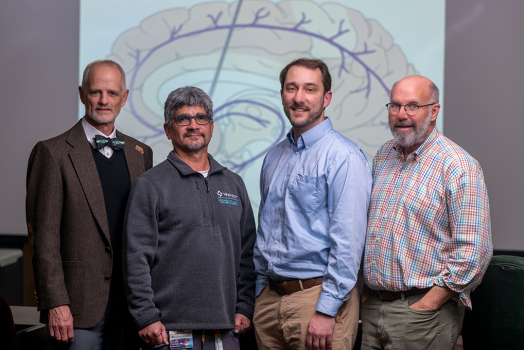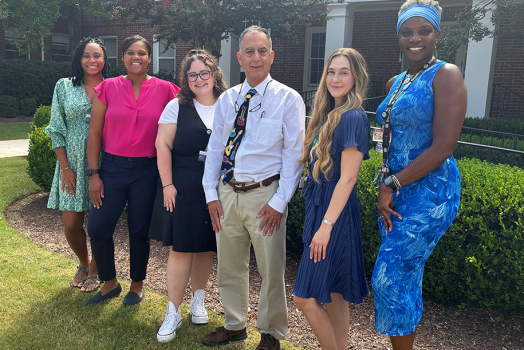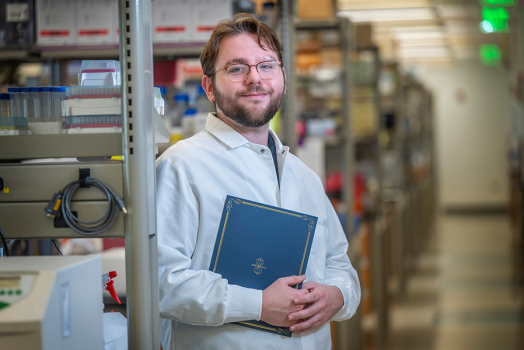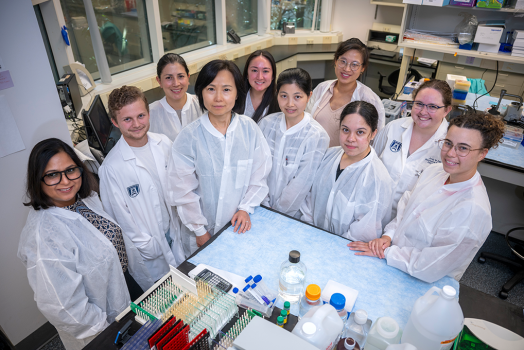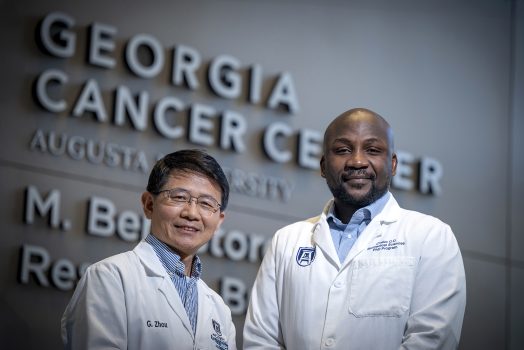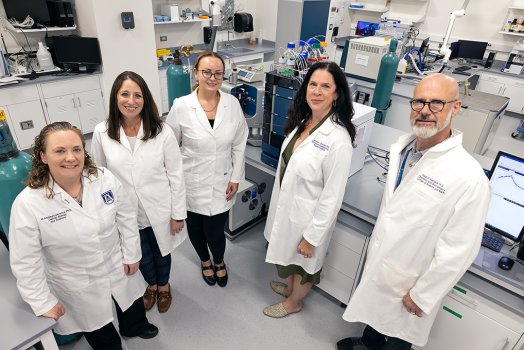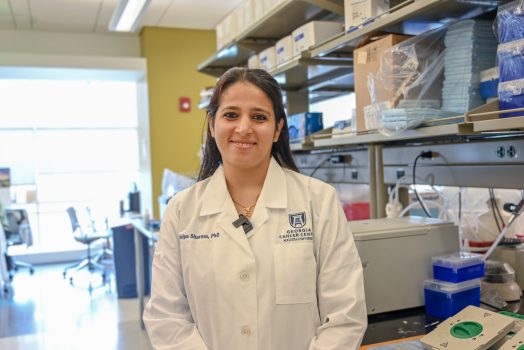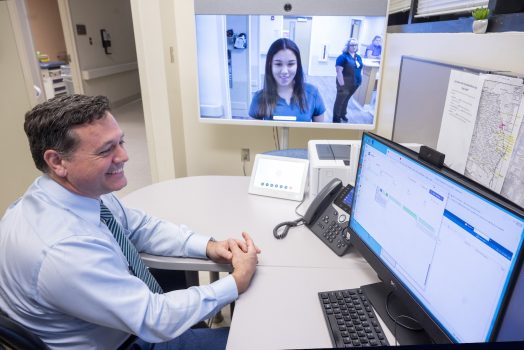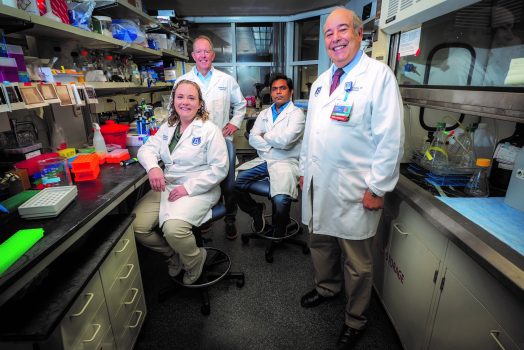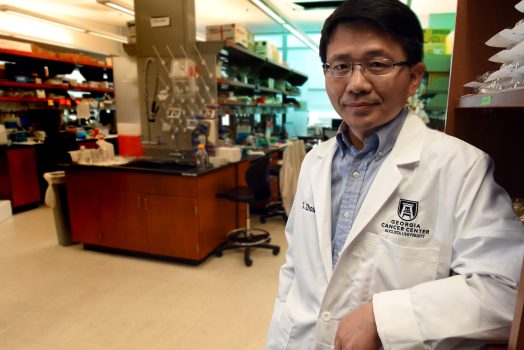“We saw that patients who live in rural areas were prone to have lower Apgar scores, lower rates of prenatal care and higher rates of preterm delivery,” says Bibiana Avella, MD.
“The study highlights the very high prevalence of CKMS in the adult U.S. population, as well as differences by sex or gender across the lifespan," says Steven Coughlin, PhD.
“I came to appreciate and eventually love the remarkable science behind biology and medicine,” says Bangxing Hong, PhD.
“I think I was excited to combine efforts with my family and three stages of Medcalfe education – undergrad, graduate and professor – into one paper,” says Rhys Medcalfe.
"We will be able to make a more specific diagnosis, better classify the cancer, give a better prognosis and enable better therapy choices," says Ravindra Kolhe, MD, PhD.
“We want the patients to have the same clinical dementia ratings or better two years from now,” says David T. Blake, PhD.
"My specialty area is maternal-child health, and I do a lot of work with maternal mortality prevention,” says Marlo Vernon, PhD.
“Ultimately, the hope is to find other avenues to reduce the risk for depression and depression symptoms,” says Vaughn McCall, MD.
"Identifying these populations may allow us to unveil populations that correlate with disease stage, tumor burden and therapy potential," says Austin Lowery.
“A good thing about this is, because this is an FDA-approved drug, it's ready to be tested in Alzheimer’s patients,” says Qin Wang, MD, PhD.
"These discoveries place Augusta University and the Immunology Center of Georgia at the forefront of modern immunology," says Klaus Ley, MD.
“This award is exactly what we envisioned when we launched Ignite, with trainees and faculty working side by side on transformative science,” says Klaus Ley, MD.
"If there's some sort of disorder in the body, you will see it in the fat metabolism,” says Guido Verbeck, PhD.
“Back injuries that end up in the ER translate into approximately 25% of people getting an opioid prescription," says Amy Baxter, MD.
“This is a newer treatment approach, but the initial results have been promising,” says Shilpa Sharma, PhD.
“We all want the same thing in health care: accessibility, affordability and quality. Telehealth gives us the opportunity to have all three," said U.S. Rep. Buddy Carter.
Afua Agyapong, PhD, conceived the idea of a baby lab, which was designed to give students early childhood observation opportunities that are often difficult to access.
This research, which has been in development for nearly 15 years, was published in "JCI Insight" and is now in its third cycle of a program project grant.
“For many years, it has been known that certain bacteria, including salmonella, are inherently immunogenic," says Gang Zhou, PhD.
“We really rely on people like Hyundai who understand the need and give hope to these kids,” says David Munn, MD.
 Augusta University
Augusta University
